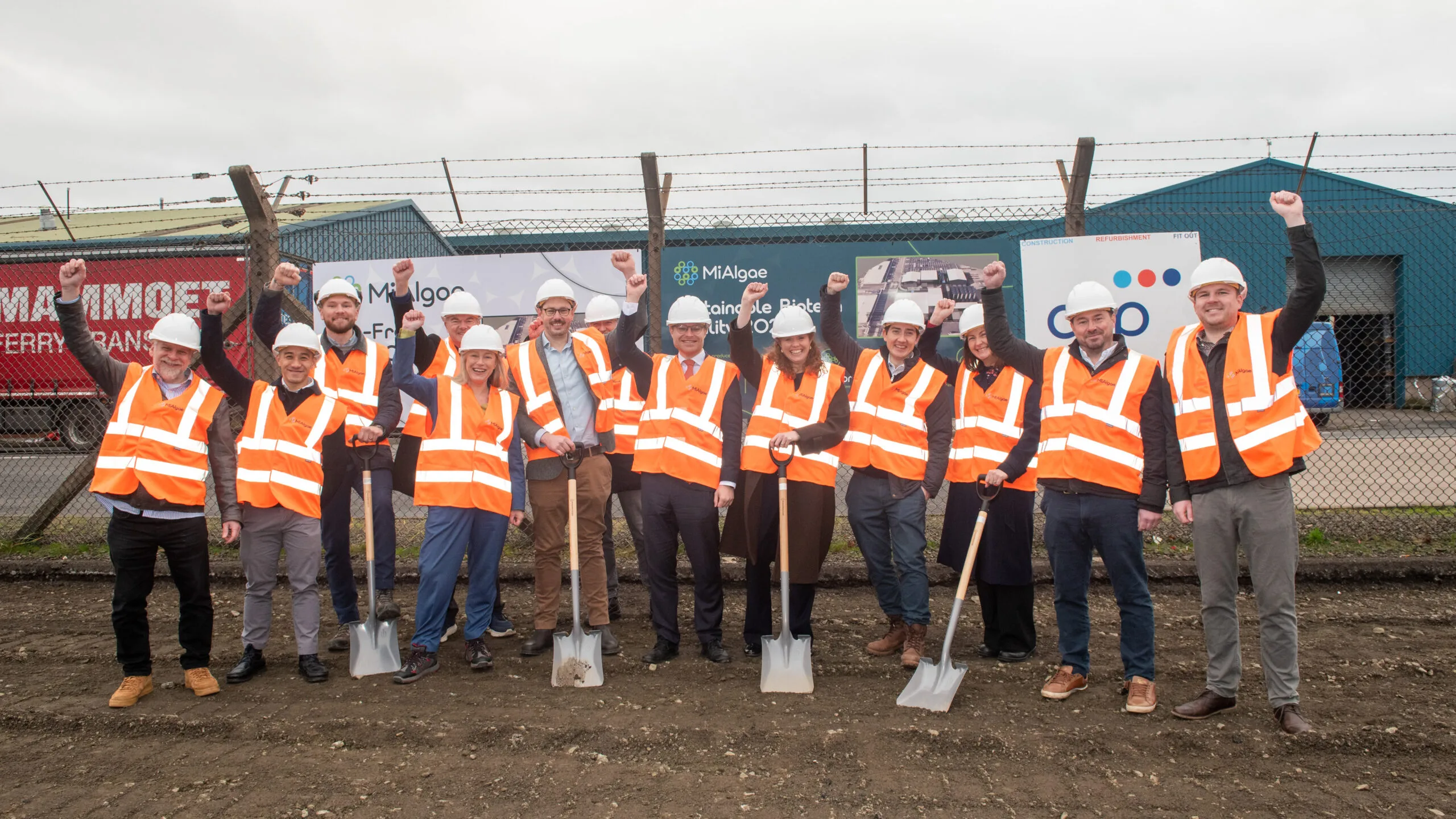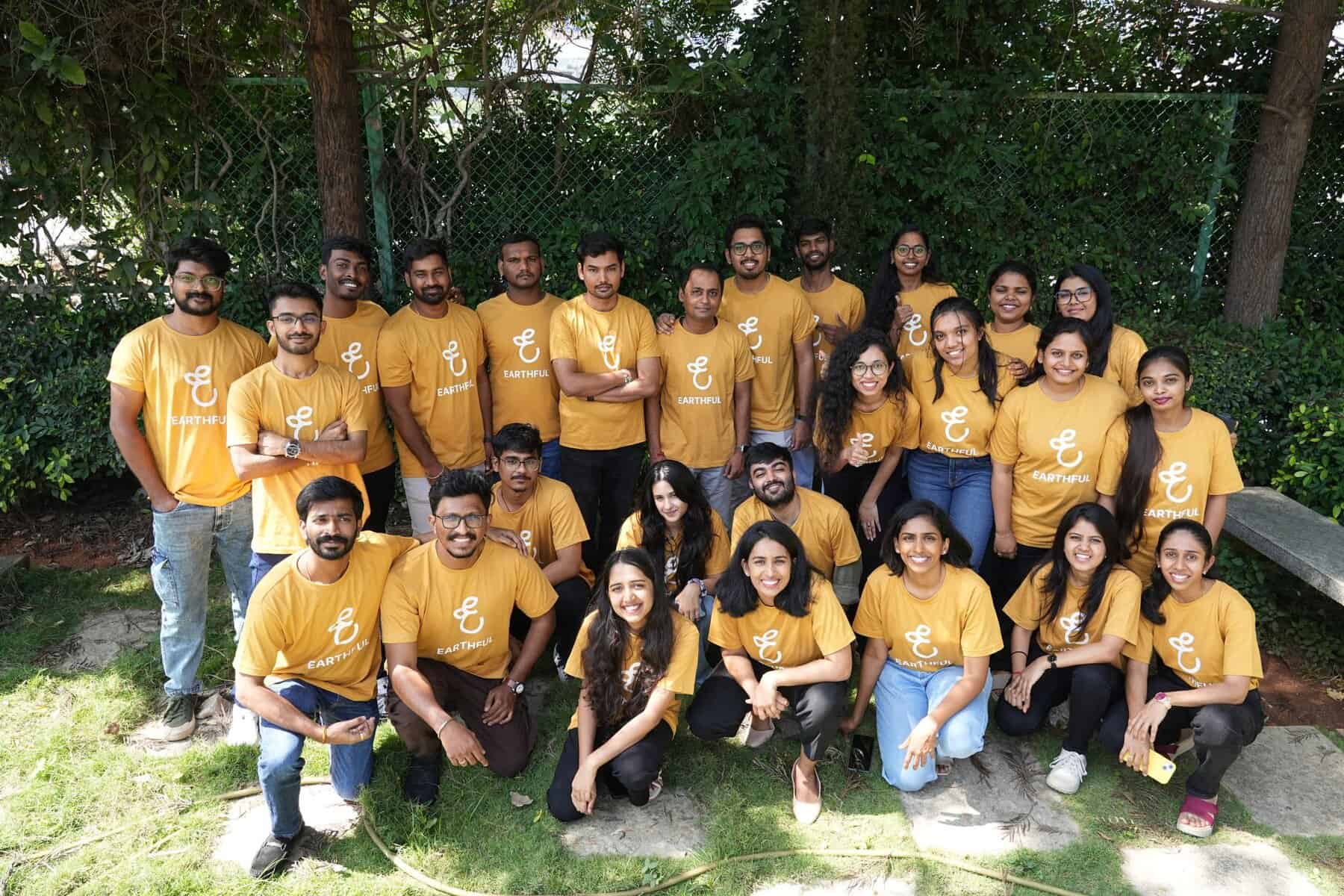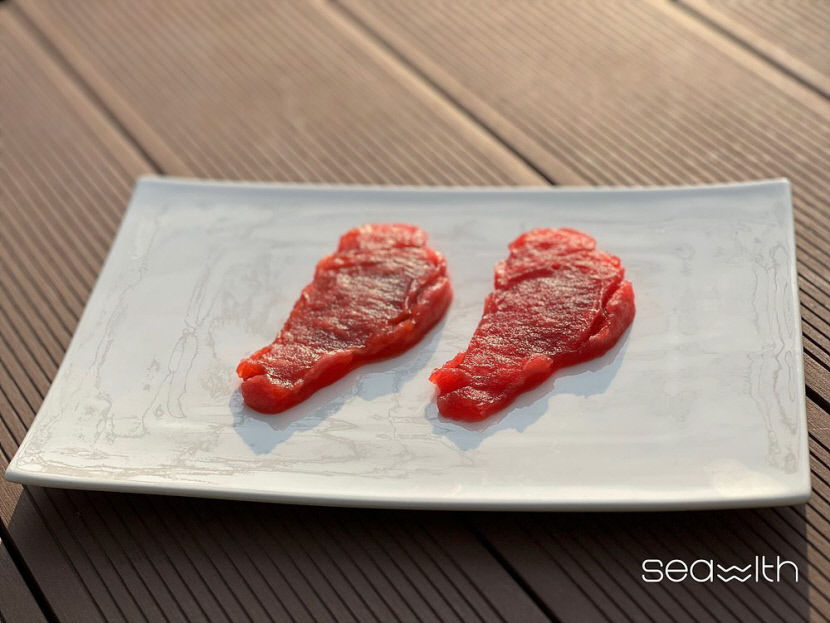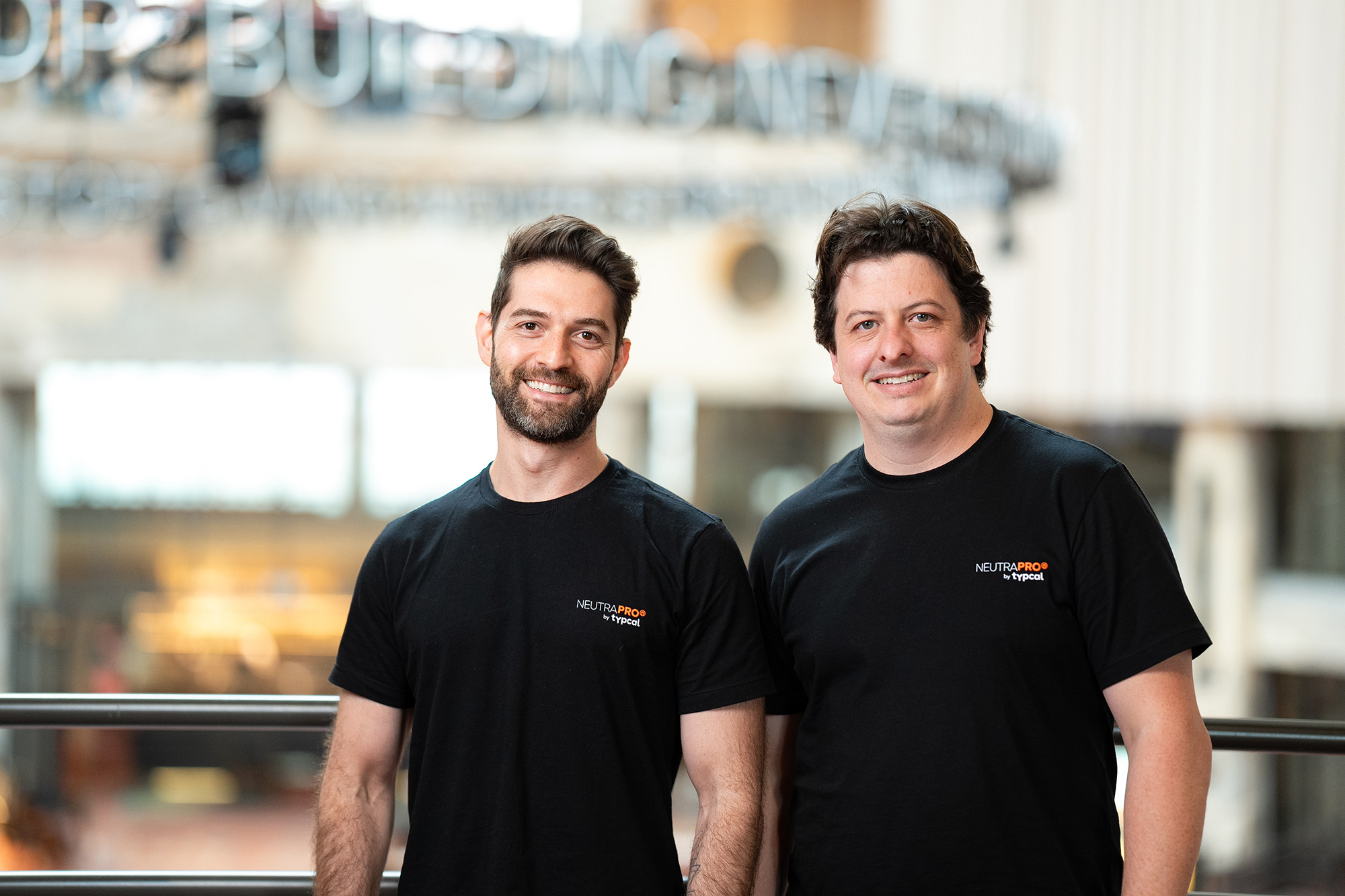

Cultivated meat to slash external costs compared to conventional meat, new WUR study finds
Wageningen University & Research has published a new report exploring the external costs of locally produced cultivated meat, comparing it with three conventional meat products in the Netherlands: chicken, pig, and dairy cow meat. Titled External Costs of Locally Produced Cultivated Meat Compared with Three Conventional Dutch Meat Products, the study evaluates these costs for a 2030 scenario using a methodology called True Cost Accounting (TCA), which assesses the hidden societal costs of food production.
The study, conducted by researchers Jonna Snoek, Pelle Sinke, Elsje Oosterkamp, and Nikki Odenhoven, aims to provide insights into whether cultivated meat could offer a more sustainable alternative to conventional meat, especially in light of the Dutch livestock sector's challenges, such as the nitrogen crisis and economic uncertainty for farmers. Cultivated meat, which RESPECTfarms is working to produce locally, represents a shift toward shorter, more transparent value chains. The report emphasizes that in the future, cultivated meat could provide a viable new business model for Dutch livestock farmers, who may need to find alternatives to traditional meat production.
The report compares the external costs of cultivated meat at a TRL7 level (currently lab-scale, with expectations to develop to larger production levels by 2030) with conventional meats. RESPECTfarms' proof-of-concept farm serves as the reference model for cultivated meat production, with chicken, pig, and dairy cow meats produced in conventional Dutch farms serving as benchmarks.
External costs encompass environmental impacts (such as pollution and resource use), social impacts (like animal welfare and worker safety), and human health risks. According to the report's findings, locally produced cultivated meat generally results in lower external costs compared to conventional meat. The largest savings come from improved animal welfare and reduced air and water pollution. However, cultivated meat still faces higher costs in areas like fossil fuel depletion, water scarcity, and resource use for the culture medium and energy consumption.
For example, per kilogram of boneless meat, cultivated meat's total external costs in the "natural capital" category are estimated at €2.17, while chicken meat incurs €3.58, pig meat €6.25, and dairy cow meat €4.91. Air pollution costs are particularly significant in conventional meat production, with cultivated meat's air pollution costs at €0.53 per kilogram compared to €1.56 for chicken, €2.94 for pig, and €2.35 for dairy cow meat.
The report highlights significant differences in external costs related to animal welfare. Because cultivated meat production requires only a small number of donor animals and no slaughtering, its associated animal welfare costs are negligible. In contrast, conventional meat production has substantial costs related to animal welfare, particularly for chicken meat (€4.11 per kilogram), where the high numbers of animals needed for production create notable societal costs.
Despite its environmental benefits, cultivated meat is still under development and faces challenges regarding production efficiency and cost. The report notes that improvements in energy use, particularly in reducing fossil fuel dependence, and optimizing the culture medium could further reduce external costs.
The study underscores that adopting cultivated meat could help Dutch farmers navigate an uncertain future by providing an alternative business model that aligns with sustainability goals. Additionally, cultivated meat has the potential to mitigate some of the negative environmental and social impacts associated with conventional meat production. Nonetheless, cultivated meat is not a panacea; it must address certain environmental concerns to become a truly sustainable solution.
The report's conclusions align with the broader mission of Wageningen University & Research to contribute to sustainable food systems. The findings suggest that as cultivated meat moves toward commercialization, it could play an important role in reducing the societal and environmental costs of meat consumption.
If you have any questions or would like to get in touch with us, please email info@futureofproteinproduction.com






